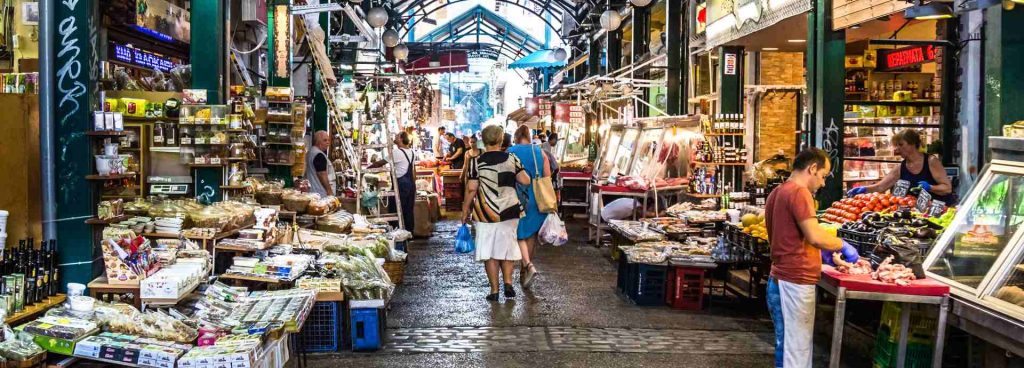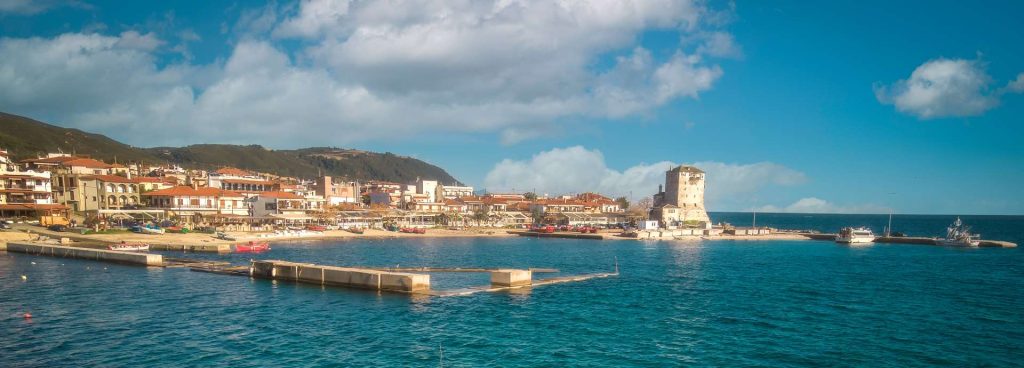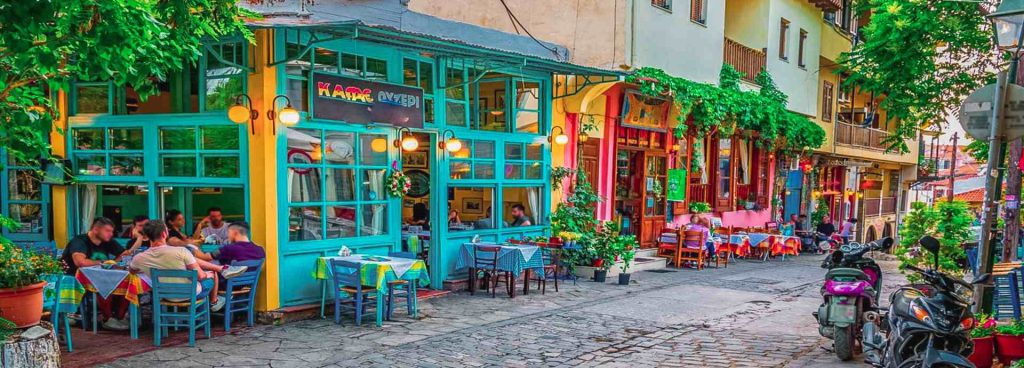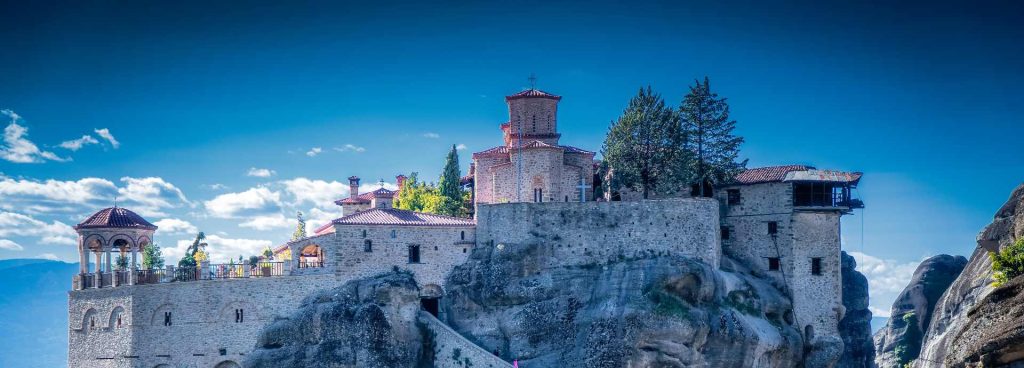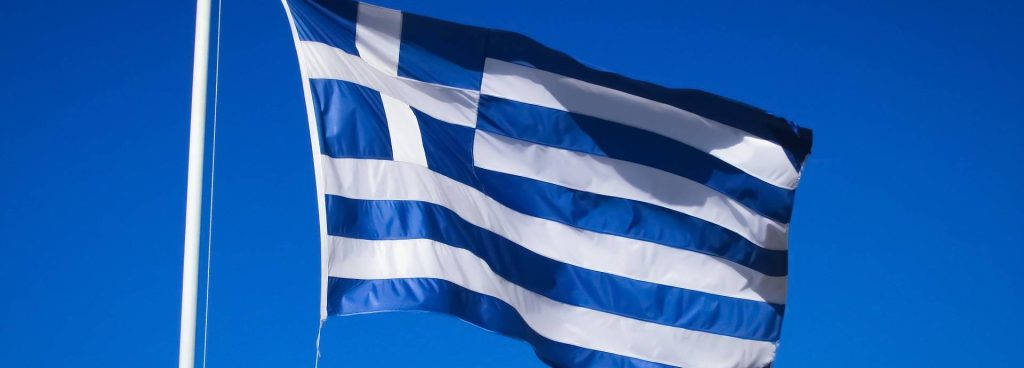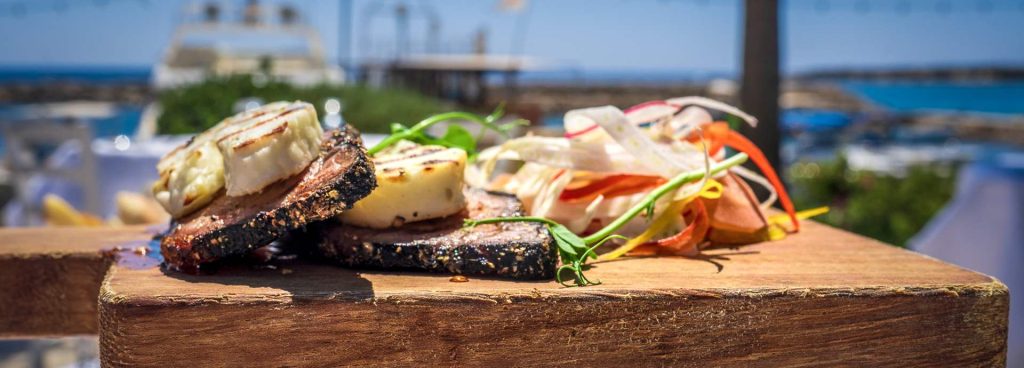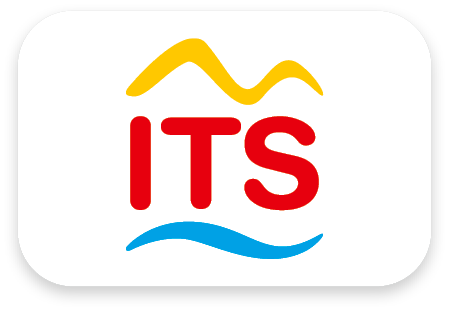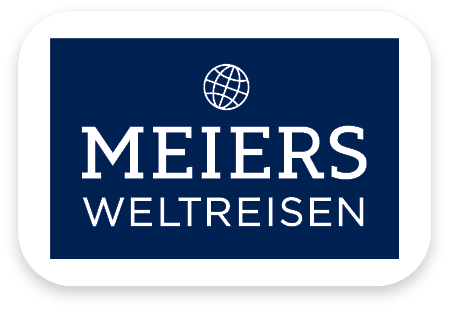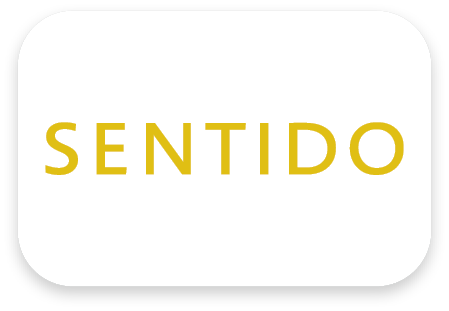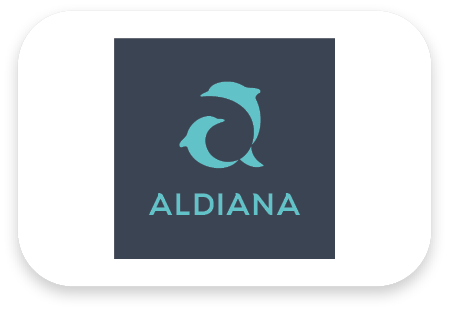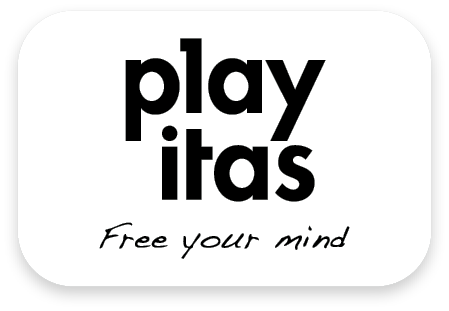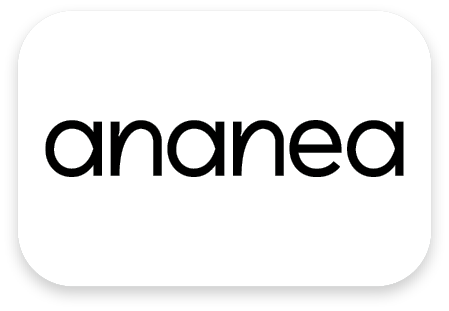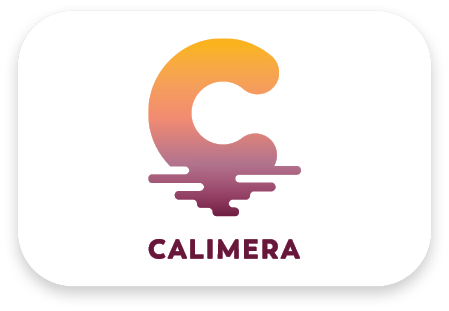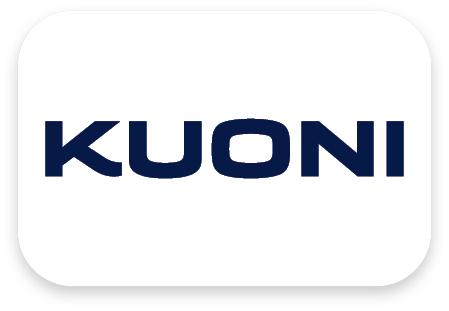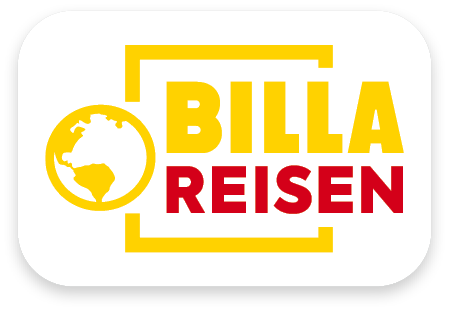Useful information about your holiday destination
Greece is a democratic republic and is located in the southern Balkans. The country has around 10,7 million inhabitants and is 131.944 square meters. The capital is Athens with a population of 3,8 million.
Modern Greek is spoken in Greece and the vast majority of the population belongs to the Greek Orthodox Church.
Geographically, Greece is divided into the mainland, to which the large peninsula of the Peloponnese connects in the south. In addition, over 1.000 islands belong to the national territory, of which around 300 are inhabited. The largest island is Crete, which is also the southernmost island in Europe.
The mainland borders Albania to the west, the Republic of Skopje (Macedonia) to the northwest, Bulgaria to the north and Turkey to the northeast. The west coast is lapped by the Ionian Sea, the east coast by the Aegean Sea.
The west of mainland Greece is criss-crossed by the Pindus mountain range, which runs parallel to the coast. These mountains are one of the most interesting and beautiful in Europe, mainly because of their rich flora and fauna. Here you can still find the last endangered European brown bears, wolves and lynxes.
The east of the mainland is divided into numerous basin landscapes by many transverse mountains and is open to the Aegean Sea.
The most important industry in Greece is tourism.
In agriculture, tobacco, wine, olives, fruit and cotton for export are grown on partially irrigated fields. The most important industries are the food, tobacco, textile and metal industries. Important mineral resources are mainly bauxite, lignite and iron ore.

